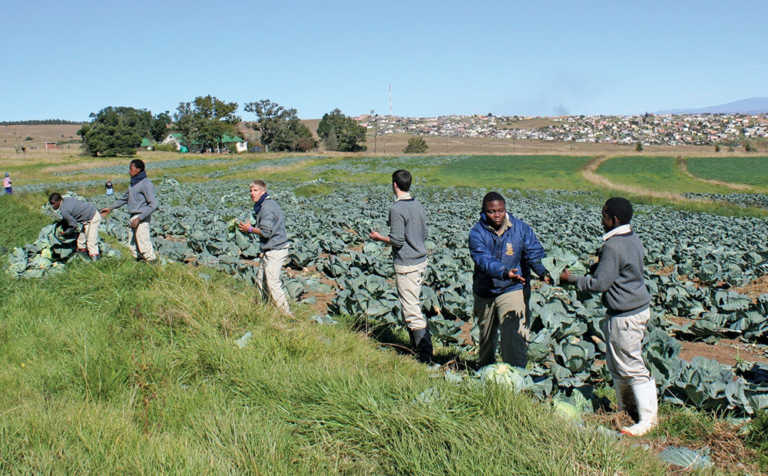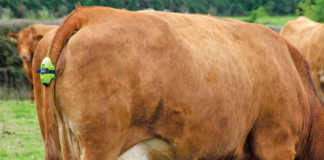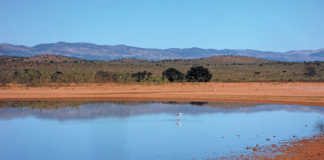
Canadian poet, Anne Michaels, writes in Fugitive Pieces, a novel that tells the story of holocaust survivors and their families: “Nothing is sudden. Not an explosion – planned, timed, wired carefully – not the burst door. Just as the earth invisibly prepares its cataclysms, so history is the gradual instant”.
Should worst come to worst, the story of South Africa’s destruction will be that of the gradual implosion of our education system and the way in which this allowed inequality between rich and poor in this country to widen.
READ Black youths must be made aware of agri sector careers
In the first report, the results of the Progress in International Reading Literacy Studies (PIRLS) global assessment, which was published in December, found that, after evaluating the reading skills of nine- and 10-year-olds in 50 countries around the world, South Africa was right at the bottom of the pile.
Students were tested in the language with which they were most familiar, and the results showed that 78% of Grade 4 students in South Africa cannot read with comprehension.
This means that the students in question failed to meet the lowest literacy benchmark of the study: retrieving basic information from texts to answer simple questions. To put this into global perspective, only 4% of students internationally were unable to reach this benchmark, as opposed to South Africa’s 78%.
The second report published in December found that inequality in South Africa has increased, with wealth becoming ever more concentrated among the rich. According to the World Inequality Lab’s World Inequality Report 2018, South Africa is one of the world’s most unequal countries, with 10% of top earners receiving 66% of the national income.
Data from the World Inequality Lab indicated that in South Africa, the top 1% of earners accounted for 8,8% of SA’s wealth in 1987, and since then their share has increased to 19,2%.
As our schools and even universities continue to produce jobseekers that do not even have the most basic skills required in the workplace, we will see inequality increase further.
We have become caught up in an evil cycle where only the rich are able to afford a proper education, and so the pool of talented and capable graduates shrinks.
Because they are in such short supply, employers have to offer ever higher salaries if they want to employ them.
So the rich get richer; and the poor, well, the poor become destitute and desperate.
Even if we achieve nothing else as a nation in 2018, all hands should be on deck to help fix South Africa’s schools.
It is more important than land reform; it is more important than ridding the country of corruption; it is even more important than fixing our equally rundown healthcare system.
If we don’t fix education in South Africa, everything else we achieve would have been in vain.










